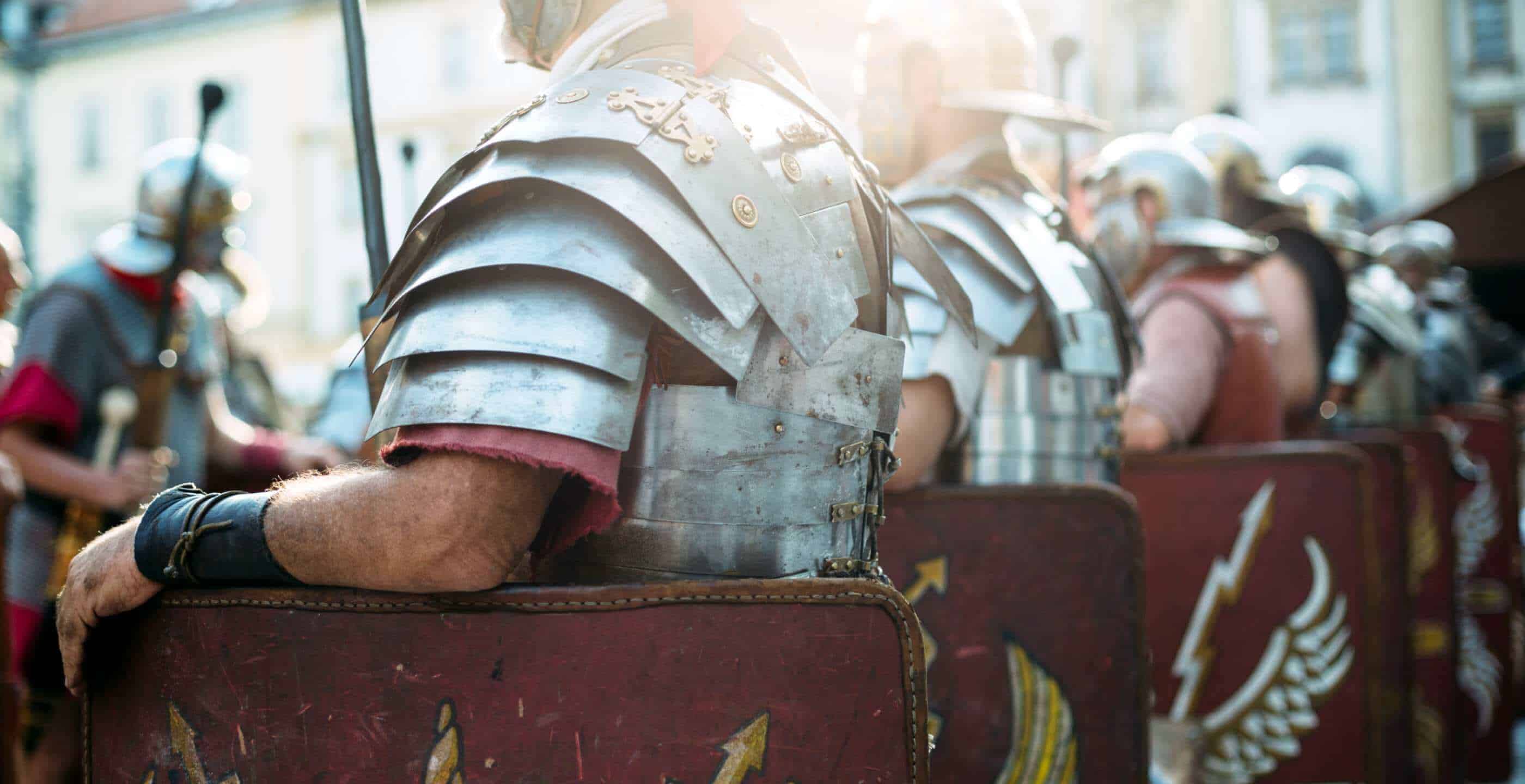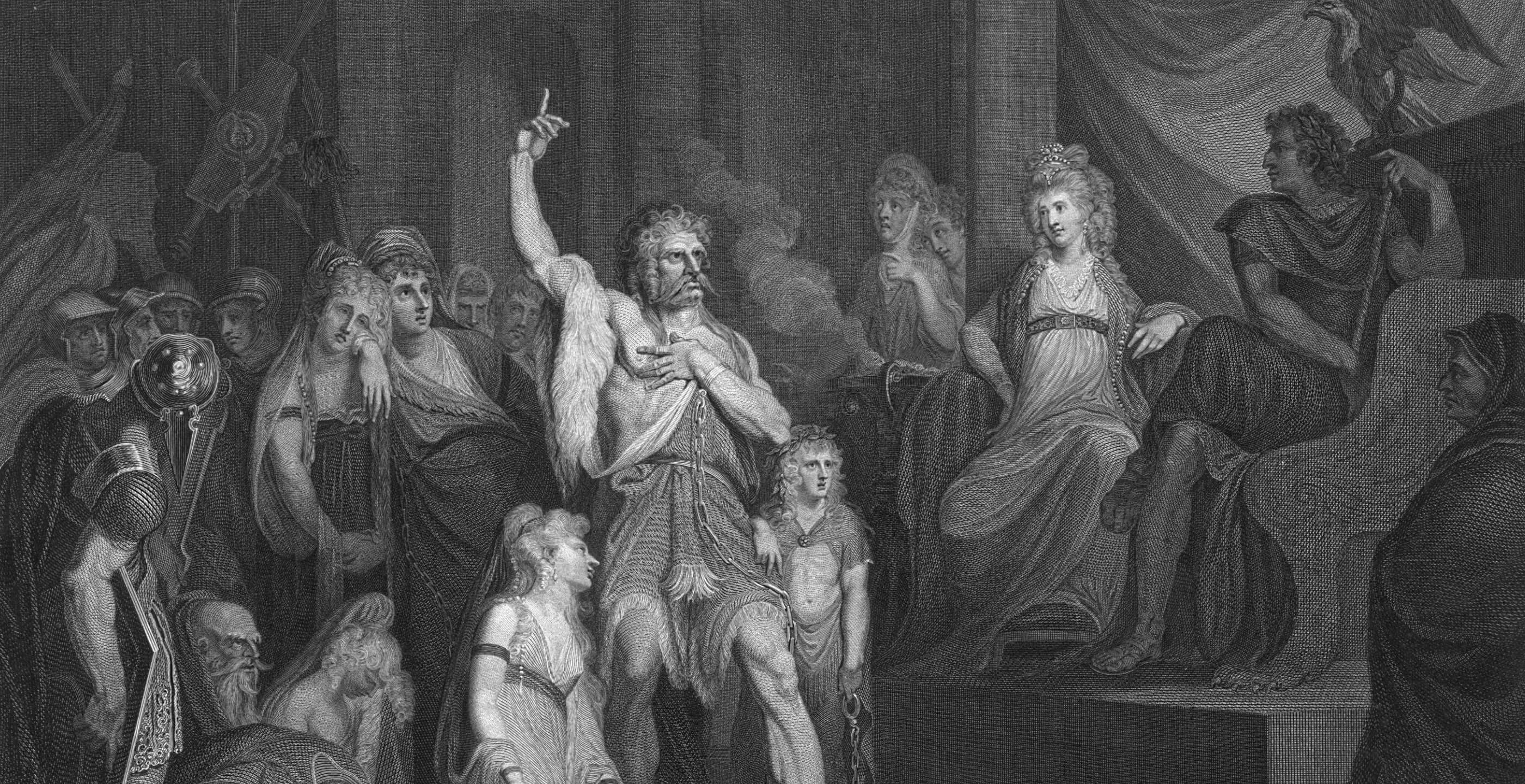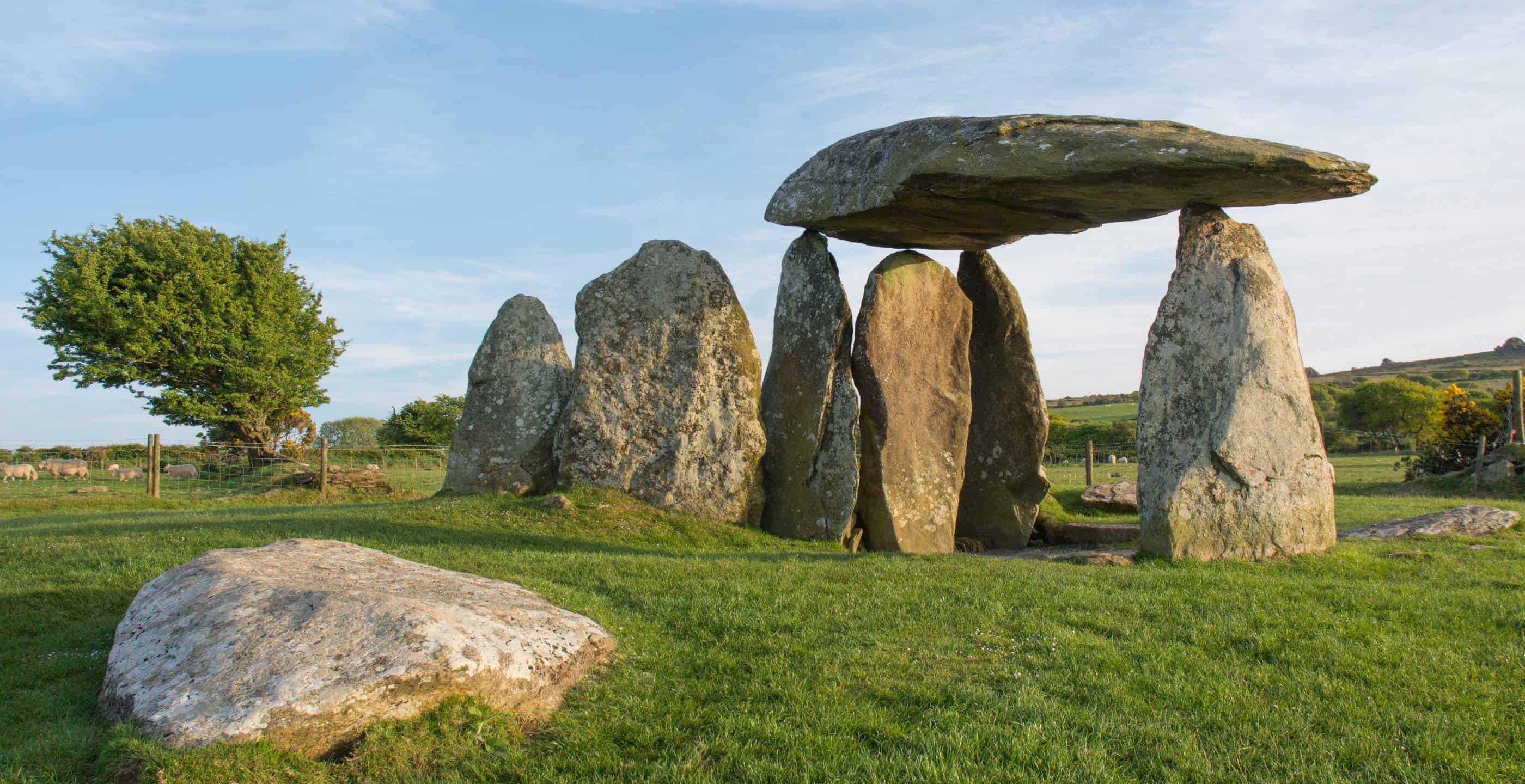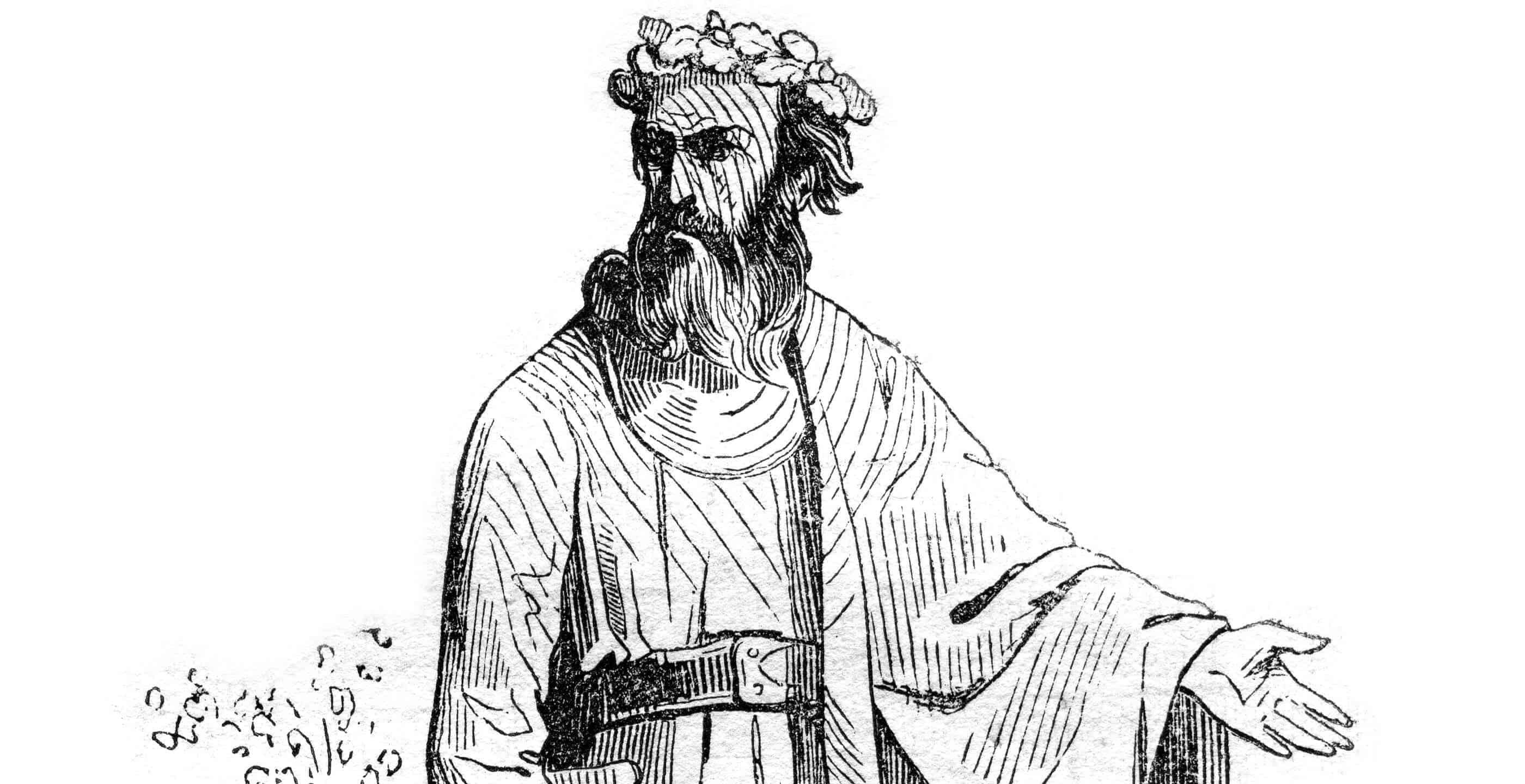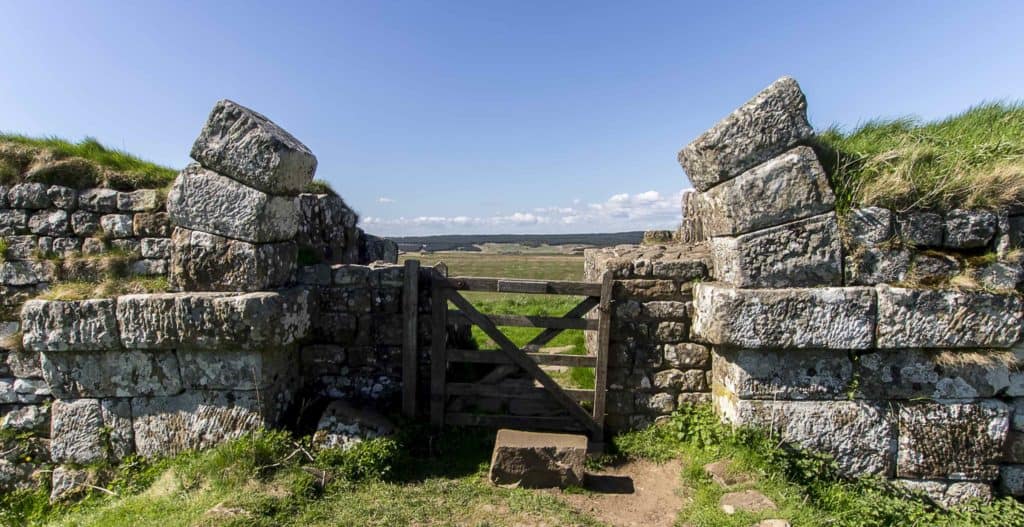Whenever we think about the history of Britain, we could be mistaken in believing that this history begins with the Romans. It is as if there is a big black hole in the historical record before this time and then, suddenly, we have people in the island. It is, of course, a very convenient place to start because most commentators use the writings of Caesar to help them begin their exposition. When the Romans left Britain, the island was immediately subjected to the incursions of the Angles and the Saxons, and they became the ruling power in Britain. Here again, it is relatively easy for commentators to take up or continue their accounts simply by referring to the Anglo and Saxon Chronicle.
There is, however, a genuine history of Britain prior to these times. It is a neglected history and one that was expurgated from the school curriculum throughout the land in our so-called ‘modern age’. This history was written by the ancient Britons and it goes back to such early times that many historians cannot believe it to be true; some ridicule it because they cannot prove it to be false, and some ignore it completely. This history takes us back 1,500 years before the Saxons arrived in the island, and more than 1,000 years before the Roman occupation. Incredibly, it has its origins in the Trojan War.
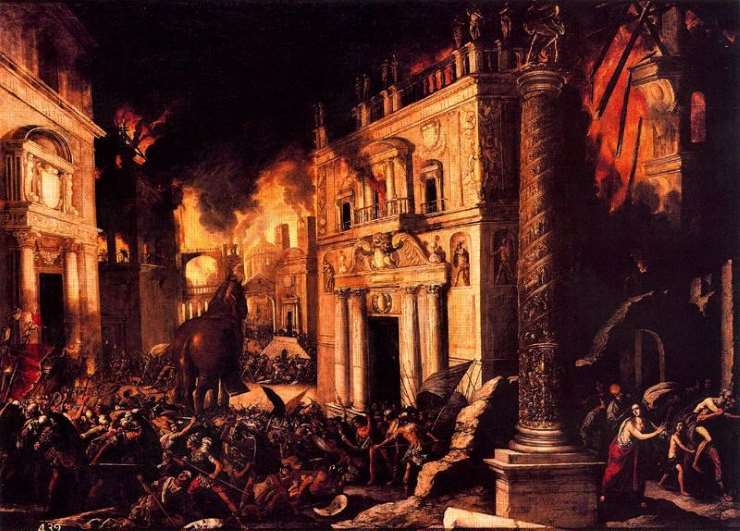
The Trojan-British history begins immediately after the Fall of Troy, and the genealogy of the ancient British kings extends all the way back to Aeneas, a prince of Troy. Homer, in his epic the Iliad, tells us that Aeneas led the Dardanians in the war against the Greeks whilst Hector led the Trojans. Aeneas was a cousin to Hector, who was killed by the great Achilles. It was said that Hector was the ‘heart’ of Troy whereas Aeneas was its ‘soul’. Aeneas survived the war and led his people in exile to found a new Troy. He stands at the head of the Trojan-British dynasty and is also said to be the progenitor of the Romans.
Although we cannot give here all of the information that is provided in the British history, we can at least provide an insight into these ancient times, beginning with Aeneas the Trojan prince. The voyage of Aeneas had taken seven years when, eventually, he brought his fleet to rest. Here, he was received honourably by Latinus the king who, because of an oracle, pledged his daughter in marriage to the Trojan prince. His daughter, however, was already betrothed to a king of the Rutuli and he immediately went to war against the Trojans because of the insult. The war was a bloody affair but ended when the king of the Rutuli was killed by the Trojan prince. Aeneas had a son by his first wife, Creusa, and they called him Ascanius. Sadly, Creusa had perished at Troy on the night that the city fell. In due course Aeneas married Lavinia, the daughter of king Latinus and the Trojans built a city and it was called Lavinium, after her.
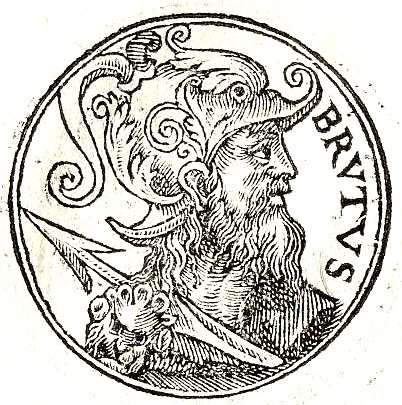
Brutus the Trojan was the great grandson of Aeneas of Troy. He accidentally killed his father when they were both out hunting and, as a result, was exiled for committing such a crime. He ended up in a certain part of Greece where he discovered descendants of Trojan captives, taken there by the Greeks after the Trojan War. Brutus stayed in the country for quite a time and became known for his skills, his courage and wisdom. In due course Brutus was prevailed upon to become the leader of all the Trojans, in order to free them from thralldom under the Greek king. After a number of battles, and against all odds, Brutus captured the Greek king. To save himself from being killed the king agreed to give his daughter to Brutus as his wife, and to let the Trojans depart in peace for another country. The Greeks supplied Brutus with a large number of ships and the Trojans departed, landing eventually in Totnes, in Devon.
Later, Brutus founded ‘New Troy’ on the banks of the River Thames. ‘New Troy’ would become the great city known today as London. It was Brutus who gave his name to the island and caused it to be called Britain. He decreed that the people would henceforth be called Britons and the language British.
It must be said here that our modern names did not exist then. There was no England, Scotland, Ireland, or Wales. The island of Britain was not given its name until three generations after Aeneas of Troy, or about 1,100 years before our present era. To complicate matters further, the British history contains references to geographical place-names that are not known now. Equally, some names are known by us but they are now in the modern Mediterranean or Aegean world! Exactly the same thing is seen in the ancient Irish and ancient Scottish histories. One of the keys to establishing the reality of the Trojan War was this very question as to why all these names were written into these ancient histories. Incredibly, the geography of Homer’s Bronze Age world was found not to be in the Mediterranean or Aegean but much closer to the British Isles!
The Trojan War was the greatest catastrophe of the ancient world, but the truth about it has never been established – until now! 30 years of research by historian Bernard Jones has finally resolved this 3,000 year-old mystery. His research confirms the location of the Trojan War and the Bronze Age city of Troy. As a direct result, his discoveries confirm the authenticity of the Trojan-British history.
Bernard Jones is a retired multi-disciplinary professional, Chartered Practitioner and Chartered Fellow, with a lifetime of scientific, technical, investigative and research work behind him. He is also a historian of some 35 plus years who completed his post graduate research in ancient philosophy/mythology and ancient history. For the last three decades he has applied his professional skills to his work as a historian, the result of which is two extraordinary books. ‘The Discovery of Troy and its Lost History’ is the first of these. The second book is called ‘The Voyage of Aeneas of Troy’ and will be published later in 2019.



